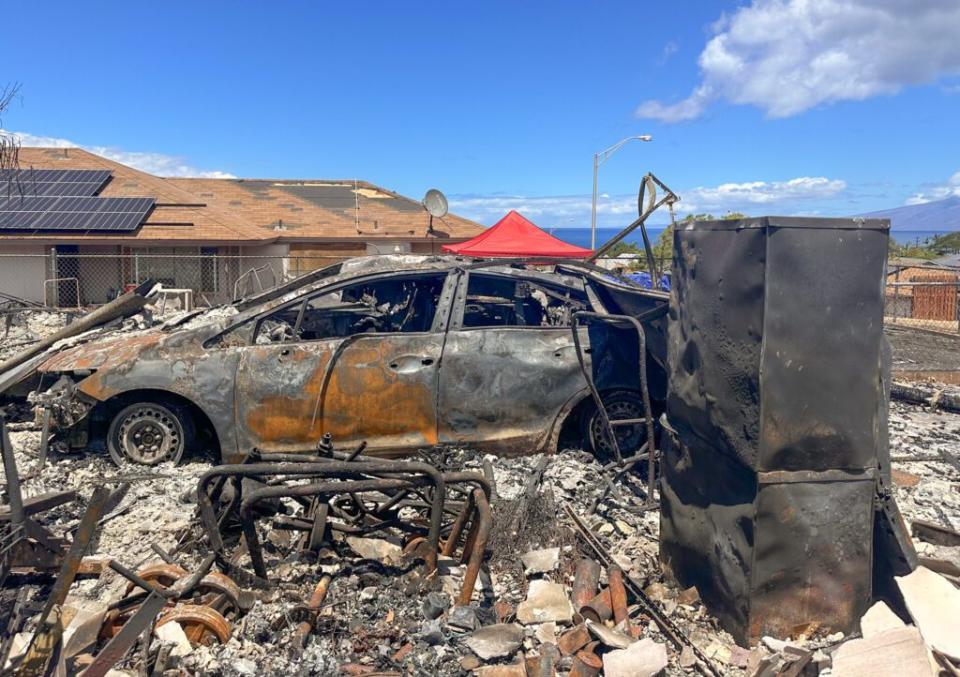Vrbo in Major Reversal on Guest Refund Policies

Vrbo last month reversed a longstanding policy on guest refunds and host cancellations, tipping the benefits toward guests and away from hosts when there are major travel disruptions.
Under the new rules, when Vrbo activates its Extenuating Circumstances Policy during a disruption, hosts must refund guests regardless of their own cancellation policies. Vrbo refunds the traveler service fee the guest paid when booking the stay.
“The financial impact of this policy will be felt entirely by hosts,” said Rena Pacheco-Theard, co-founder and CEO of luxury vacation rental platform Boutiq, which uses Vrbo as one of its sales channels.
Pacheco-Theard noted Vrbo doesn’t take the financial risk, including paying for mortgages, landscaping and utilities. “Rather than travelers being responsible for purchasing trip insurance to protect against natural disasters and abnormal weather events or declared health emergencies, hosts now foot the bill with no compensation,” she added.
An About-Face for Vrbo
Vrbo’s new Extenuating Circumstances Policy looks a lot like the Major Disruptive Events Policy that Airbnb introduced in May. It is an about-face from Vrbo’s prior cancellation policy: Even during the pandemic, it declined to mandate refunds to guests. At that time, Vrbo urged hosts to refund guests, but it left it up to hosts’ discretion and their individual cancellation policies remained in effect.
That won it much support from hosts. Airbnb, on the other hand, earned hosts’ ire when it required them to refund guests regardless of their own cancellation policies.
Hosts have the ability to establish their own cancellation policies, and they often vary as to which dates a guest would be eligible for a full or partial refund, and the cutoff date when no refund is possible.
Vrbo intends to activate the policy and mandate that hosts refund guests during natural disasters such as earthquakes, volcanoes, tsunamis, flooding, tornadoes and wildfires, and other abnormal weather events.
The policy would not apply to hurricanes in the Caribbean during hurricane season, for example, unless it would trigger a prolonged power outage impacting “a vast majority of homes in a major region or city,” Vrbo’s policy states.
The policy will cover new government-declared pandemics, but not Covid-19 because it is considered a risk that people should already be aware of.
When a government imposes mandatory travel restrictions “that make it impossible or illegal for a guest to travel” or a host to proceed with the stay, the extenuating circumstances policy would be in force.
Why Did Vrbo Change Its Policy?
A hint of Vrbo’s change of thinking came during the Maui wildfires last summer when Vrbo mandated guest refunds. But Vrbo didn’t implement an overall change in policy at that time.
A Vrbo spokesperson told Skift Friday that its policy change last month was “informed by our response to the Maui wildfires,” and “a shift in industry norms to improve protection for travelers during major weather events.”
Vrbo has been clamping down on hosts, including banning them from the platform, when they have a pattern of cancelling reservations for reasons that are out of bounds in Vrbo’s view. However, the Vrbo spokesperson said that host cancellations under the new policy will not be subject to penalties or a denigration of their status, such as being a premier host.
“We continually evaluate our policies and our primary objective with this policy is to prioritize the safety and well-being of all parties involved,” the Vrbo spokesperson said. “We strongly encourage hosts to collaborate with guests to the fullest extent possible in these situations, demonstrating their commitment to guest satisfaction and safety.”
The Varied Impact to Vrbo Versus Hosts
Pacheco-Theard of Boutiq contrasted the potential financial impact of the policy change to hosts versus Vrbo.
“Travelers who have already planned on a trip and time away from commitments will likely just switch to a new location and book with Vrbo again in a town that isn’t impacted,” Pacheco-Theard said. “Thus, the effect on Vrbo for allowing full cancellations is neutral and potentially even positive for its own revenue.”
On the other hand, hosts have to pay credit card processing fees, which can typically be 3.9%, and they don’t recoup that money on a refunded stay, she said. These fees would amount to around $195 on a cancelled booking of $5,000.
“When a host is required to issue a full refund, like with this new policy, a host’s earnings will not just go to $0 on a booking, they will actually lose money on a reservation,” Pacheco-Theard said.
On the other hand, some would argue, guests should be able to recoup their money when it is illegal or impossible to reach the booked rental because of a landslide or tornado.
Get breaking travel news and exclusive hotel, airline, and tourism research and insights at Skift.com.